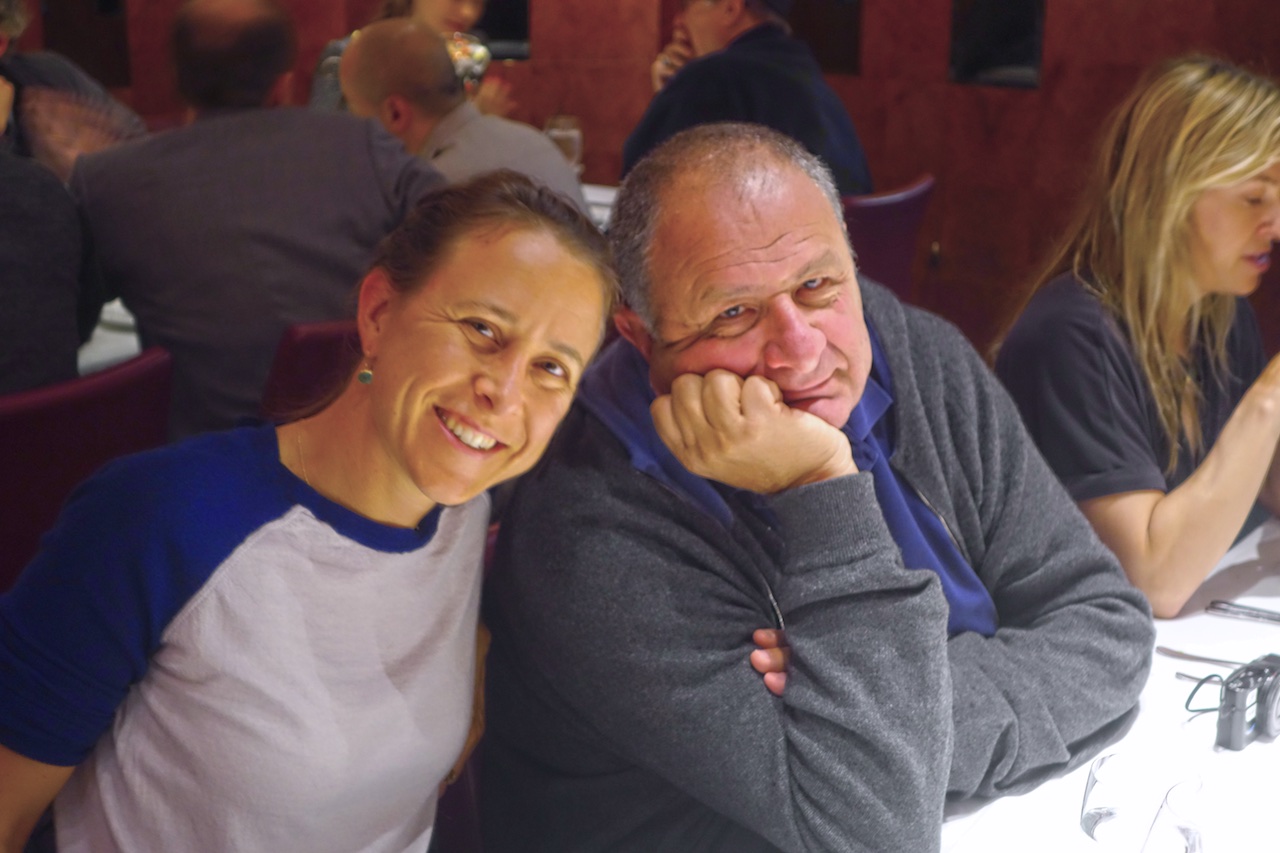"To accomplish the extraordinary, you must seek extraordinary people."
A new generation of artists, writing genomes as fluently as Blake and Byron wrote verses, might create an abundance of new flowers and fruit and trees and birds to enrich the ecology of our planet. Most of these artists would be amateurs, but they would be in close touch with science, like the poets of the earlier Age of Wonder. The new Age of Wonder might bring together wealthy entrepreneurs ... and a worldwide community of gardeners and farmers and breeders, working together to make the planet beautiful as well as fertile, hospitable to hummingbirds as well as to humans. —Freeman Dyson
In his 2009 talk at the Bristol Festival of Ideas, Freeman Dyson pointed out that we are entering a new Age of Wonder, which is dominated by computational biology. The leaders of the new Age of Wonder, Dyson noted, include "biology wizards" Kary Mullis, Craig Venter, medical engineer Dean Kamen, and "computer wizards" Larry Page, Sergey Brin, and Charles Simonyi, and John Brockman and Katinka Matson, the cofounders of Edge, the nexus of this intellectual activity.
Every year since 1999, we have hosted The Edge Annual Dinner (sometimes referred to as “The Billionaires' Dinner”). Guests have included the leading third culture intellectuals of our time, dining and conversing with the founders of Amazon, AOL, eBay, Facebook, Google, Microsoft, PayPal, Space X, Skype, and Twitter. It is a remarkable gathering of outstanding minds—the people who are rewriting our global culture.

Paul Allen, Julia Milner, Yuri Milner
Through such gatherings, its online publications, master classes, and seminars, Edge, operating under the umbrella of the non-profit 501 (c) (3) Edge Foundation, Inc., promotes interactions between the third culture intellectuals and technology pioneers of the post-industrial, digital age, the "worldwide community of gardeners and farmers and breeders" referred to by Dyson as the leaders of the "Age of Wonder”. Edge members share the boundaries of their knowledge and experience with each other and respond to challenges, comments, criticisms, and insights. The constant shifting of metaphors, the intensity with which we advance our ideas to each other—this is what intellectuals do. Edge draws attention to the larger context of intellectual life.
An indication of Edge's role in contemporary culture can be measured, in part, by its Google PageRank of "8", which places it in the same category as The Economist, Financial Times, Le Monde, La Repubblica, Science, Süddeutsche Zeitung, Wall Street Journal, and Washington Post. Its influence is evident from the attention paid by the global media:
"The world's smartest website … a salon for the world's finest minds." Guardian—"the fabulous Edge symposium" New York Times—"A lavish cerebral feast", Atlantic—"Not just wonderful, but plausible", Wall St. Journal "Fabulous", Independent—" Thrilling", FAZ—"The brightest minds", Vanity Fair, "The intellectual elite", Guardian—"Intellectual skyrockets of stunning brilliance", Arts & Letter Daily—"Terrific, thought provoking", Guardian— "An intellectual treasure trove, San Francisco Chronicle—"Thrilling colloquium", Telegraph—"Fantastically stimulating", BBC Radio 4—"Astounding reading", Boston Globe—"Where the age of biology began", Süddeutsche Zeitung—"Splendidly enlightened", Independent—The world’s best brains", Times— "Brilliant... a eureka moment at the edge of knowledge", Sunday Times—"Fascinating and provocative", Guardian—"Uplifting ...enthralling", Daily Mail—"Breathtaking in scope", New Scientist—"Exhilarating, hilarious, and chilling", Evening Standard—"Today's visions of science tomorrow", New York Times
Edge is different from The Invisible College (1646), The Club (1764), The Cambridge Apostles (1820), The Bloomsbury Group (1905), or The Algonquin Roundtable (1919), but it offers the same quality of intellectual adventure.
Perhaps the closest resemblance is to the early nineteenth century Lunar Society of Birmingham (1765), an informal dinner club and learned society of leading cultural figures of the new industrial age—James Watt, Joseph Priestly, Benjamin Franklin, and the two grandfathers of Charles Darwin, Erasmus Darwin and Josiah Wedgwood. The Society met each month near the full moon. They referred to themselves as "lunaticks". In a similar fashion, Edge attempts to inspire conversations exploring the themes of the post-industrial age.
In this regard, Edge is not just a group of people. I see it as the constant shifting of metaphors, the advancement of ideas, the agreement on, and the invention of, reality.
—John Brockman
Vancouver, March 18, 2015



































































